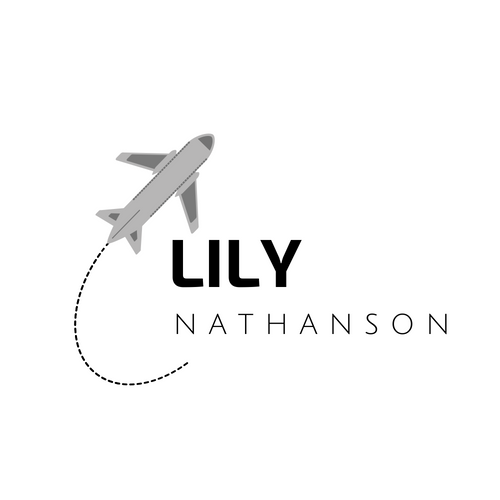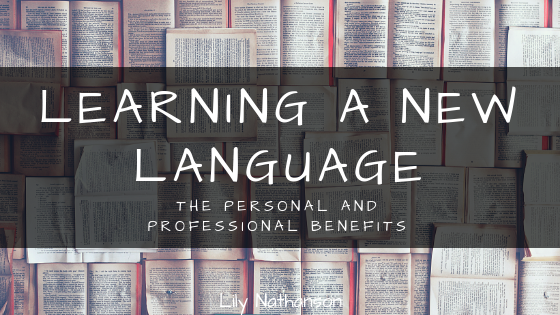With so many diversities and cultures throughout the world, it’s surprising how many people are not bilingual. Committing to becoming bilingual can help you connect to a world of new people and cultures. Learning a new language is beneficial personally and professionally:
Stronger Brain Power
Not only does learning a new language open you up to meeting new people and experiencing cultures, but it also improves brain power. Not many people know of the cognitive benefits that come with learning a new language. Becoming bilingual has been proven to delay Alzheimer’s and reduce cognitive biases. Besides the healthy mind benefits that learning a new language can have, it can also decrease distractions and increase concentration throughout your everyday life.
Social Benefits
Throughout the day, people often encounter others who speak another language. Instead of trying to communicate with them in your language, try speaking theirs. Having the ability to speak their language can make conversation easier and can be a great way to make new friends. By having the ability to speak their native language, it opens up the opportunity to connect with more people. If someone has trouble speaking English, you can help put them at ease by speaking their native language. Learning a new language can also make it much easier to learn a third or fourth language, which can connect you to many more cultures.
Tools for Learning a Language
Learning a new language is much easier than it sounds. The only reason people can find it difficult is because they aren’t utilizing the right tools. Always have a good grammar book in that language on hand and a phrase book to begin memorizing full sentences and phrases. Other tools like online dictionaries, language learning apps, or hiring a tutor can make the learning process much easier.
Practicing a New Language
Once you’ve learned a new language, it takes practice to become fluent. Besides connecting with others who already speak the language, there are other ways to continue practicing. Ways to do this are reading articles written in the language, listen to radio stations, find an international pen pal or even playing trivia games in that language. There are many ways to keep practicing the new language so you won’t lose it.
By learning and new language or multiple languages, you become more open to meeting new people and exploring cultures outside of your own. Take the time to become bilingual and discover the advantages of learning a new language.

